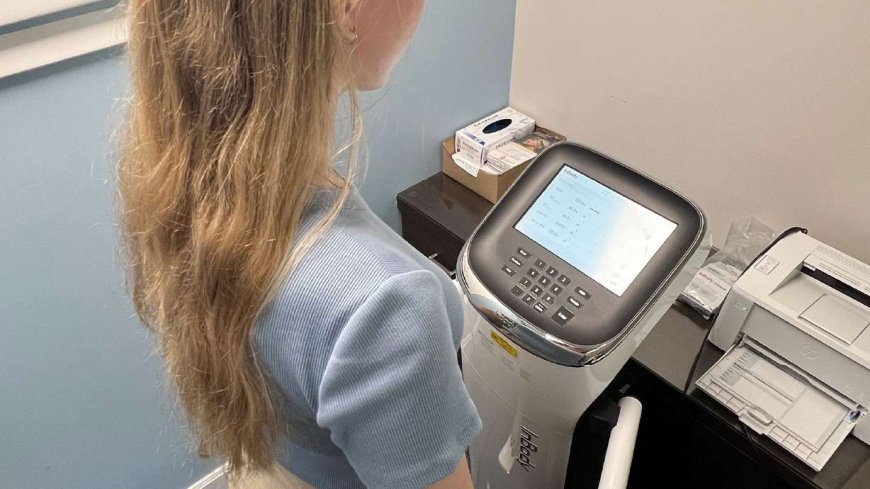New Study Suggests BMI Isn't the Best Measure of Weight - Here's a Better Way
A recent study challenges the effectiveness of BMI in predicting health risks. Instead, bioelectrical impedance analysis (BIA) may offer a more accurate assessment by measuring body fat percentage, lean muscle mass, and water weight. The study found that body fat percentage was a stronger predictor of mortality risk than BMI, especially for heart disease. Doctors are considering shifting towards using BIA for a more precise evaluation of body composition.

When it comes to measuring weight, BMI is the acronym health professionals have long used as a quick screening tool. However, BMI can overestimate health risks for muscular individuals and underestimate concerns for older adults. A new study suggests that Bioelectrical Impedance Analysis (BIA) may be a more accurate way to predict future health issues by measuring body fat percentage, lean muscle mass, and water weight.
BIA uses electric currents to analyze body composition. The study found that body-fat percentage is a better predictor of mortality risk than BMI, especially for heart disease. High body fat as measured by BIA was associated with a 262% higher risk of death from heart disease.
BMI, which calculates health risk based on weight and height, may not accurately reflect individual health risks. While BMI is effective on a population level, it may miss health issues at the patient level. Many doctors still prefer BMI due to its cost-effectiveness, despite its limitations.
While DEXA scans are more accurate but expensive, newer BIA technology provides reliable results. At-home BIA products are less accurate than clinic-based machines. The study suggests that doctors should consider using body fat measurements for a more precise assessment of health risks.
The study analyzed data from over 4,000 participants and found that high body fat measured by BIA was linked to a higher risk of death from any cause. Measuring waist circumference was also helpful but less accurate than body mass. The study highlights the importance of using bioelectrical impedance analysis for a more accurate assessment of health risks.
According to the source: KSL News.
What's Your Reaction?
 Like
0
Like
0
 Dislike
0
Dislike
0
 Love
0
Love
0
 Funny
0
Funny
0
 Angry
0
Angry
0
 Sad
0
Sad
0
 Wow
0
Wow
0
























































































































































